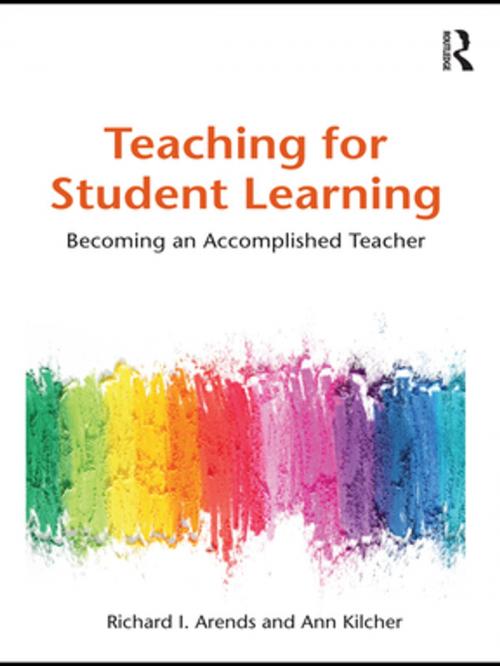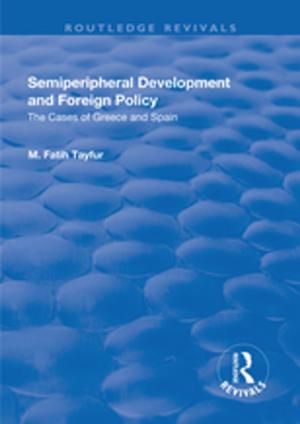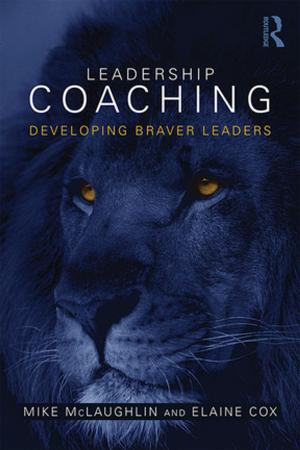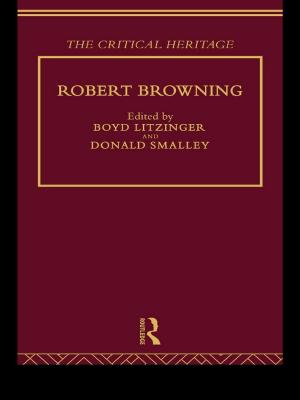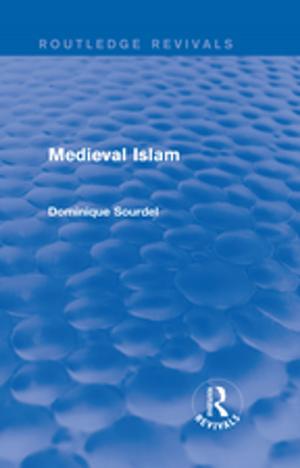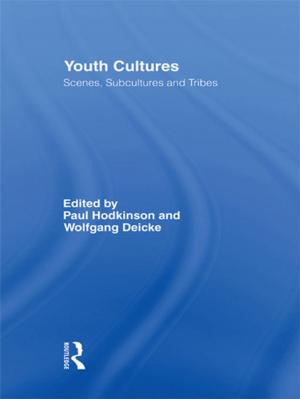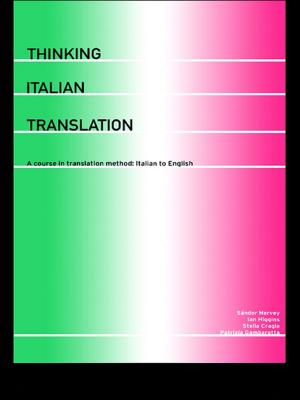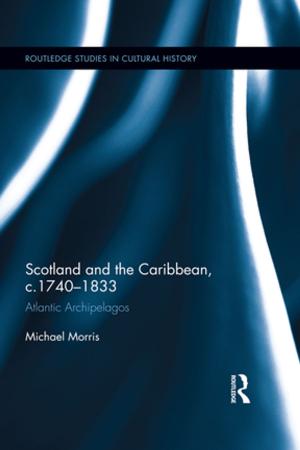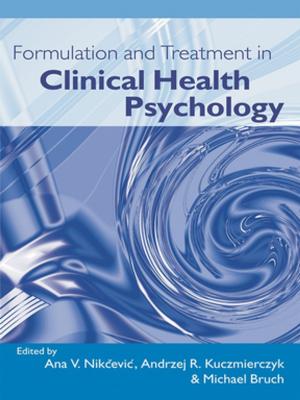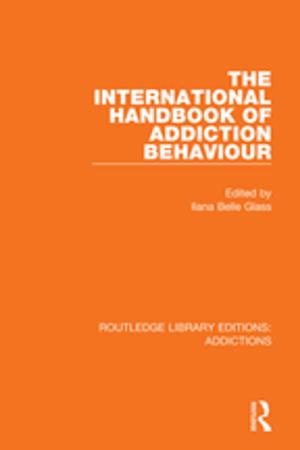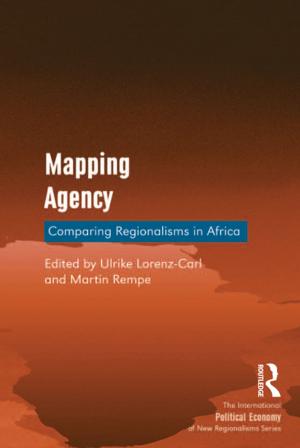Teaching for Student Learning
Becoming an Accomplished Teacher
Nonfiction, Reference & Language, Education & Teaching, Administration, Teaching, Teaching Methods| Author: | Dick Arends, Ann Kilcher | ISBN: | 9781135239978 |
| Publisher: | Taylor and Francis | Publication: | February 25, 2010 |
| Imprint: | Routledge | Language: | English |
| Author: | Dick Arends, Ann Kilcher |
| ISBN: | 9781135239978 |
| Publisher: | Taylor and Francis |
| Publication: | February 25, 2010 |
| Imprint: | Routledge |
| Language: | English |
Teaching for Student Learning: Becoming an Accomplished Teacher shows teachers how to move from novice to expert status by integrating both research and the wisdom of practice into their teaching. It emphasizes how accomplished teachers gradually acquire and apply a broad repertoire of evidence-based teaching practices in the support of student learning.
The book’s content stems from three major fields of study: 1) theories and research on how people learn, including new insights from the cognitive and neurosciences; 2) research on classroom practices shown to have the greatest effect on student learning; and 3) research on effective schooling, defined as school-level factors that enhance student achievement and success. Although the book’s major focus is on teaching, it devotes considerable space to describing how students learn and how the most effective and widely-used models of teaching connect to principles of student learning. Specifically, it describes how research on teaching, cognition, and neuroscience converge to provide an evidence-based "science of learning" which teachers can use to advance their practice. Key features include the following:
Evidence-Based Practice – This theme is developed through: 1) an ongoing review and synthesis of research on teaching and learning and the resulting guidelines for practice and 2) boxed research summaries within the chapters.
Instructional Repertoire Theme – Throughout the book teaching is viewed as an extremely complex activity that requires a repertoire of instructional strategies that, once mastered, can be drawn upon to fit specific classrooms and teaching situations.
Standards-based School Environments – Education today is dominated by standards-based school environments. Unlike competing books, this one describes these environments and shows how they impact curriculum design and learning activities. The objective is to show how teachers can make standards-based education work for them.
Pedagogical Features – In addition to an end-of-book glossary, each chapter contains research boxes, reflection boxes, itemized end-of-chapter summaries, and end-of-chapter learning activities.
Website – An accompanying website contains a variety of field-oriented and site-based activities that teachers can do alone or with colleagues.
Teaching for Student Learning: Becoming an Accomplished Teacher shows teachers how to move from novice to expert status by integrating both research and the wisdom of practice into their teaching. It emphasizes how accomplished teachers gradually acquire and apply a broad repertoire of evidence-based teaching practices in the support of student learning.
The book’s content stems from three major fields of study: 1) theories and research on how people learn, including new insights from the cognitive and neurosciences; 2) research on classroom practices shown to have the greatest effect on student learning; and 3) research on effective schooling, defined as school-level factors that enhance student achievement and success. Although the book’s major focus is on teaching, it devotes considerable space to describing how students learn and how the most effective and widely-used models of teaching connect to principles of student learning. Specifically, it describes how research on teaching, cognition, and neuroscience converge to provide an evidence-based "science of learning" which teachers can use to advance their practice. Key features include the following:
Evidence-Based Practice – This theme is developed through: 1) an ongoing review and synthesis of research on teaching and learning and the resulting guidelines for practice and 2) boxed research summaries within the chapters.
Instructional Repertoire Theme – Throughout the book teaching is viewed as an extremely complex activity that requires a repertoire of instructional strategies that, once mastered, can be drawn upon to fit specific classrooms and teaching situations.
Standards-based School Environments – Education today is dominated by standards-based school environments. Unlike competing books, this one describes these environments and shows how they impact curriculum design and learning activities. The objective is to show how teachers can make standards-based education work for them.
Pedagogical Features – In addition to an end-of-book glossary, each chapter contains research boxes, reflection boxes, itemized end-of-chapter summaries, and end-of-chapter learning activities.
Website – An accompanying website contains a variety of field-oriented and site-based activities that teachers can do alone or with colleagues.
